Patented Plants
jbest123
16 years ago
Related Stories

LANDSCAPE DESIGNGreat Design Plant: River Birch
Pick this rugged native tree for its intriguing peeling bark, soil adaptability or leaves that bring dappled shade to a garden
Full Story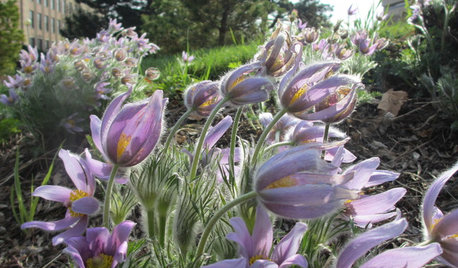
GARDENING GUIDES6 Plants That Beat Butterfly Bush for the Wildlife Draw
It's invasive, a nonnative and a poor insect magnet. Check out these better alternatives to butterfly bush in the garden
Full Story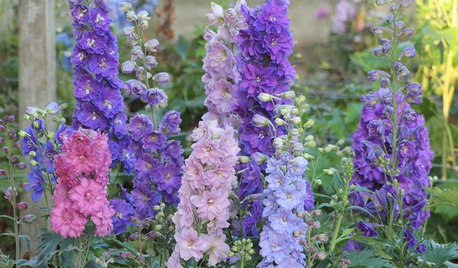
GARDENING GUIDES6 New Plant Varieties That Beat Out Their Parents
With better resistance and fewer demands, these garden beauties are worth a spot on your wish list
Full Story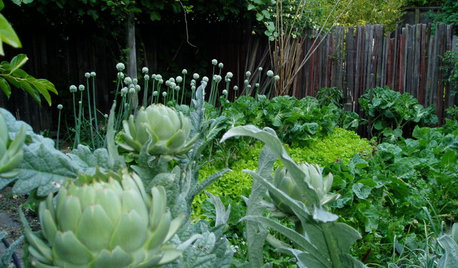
FRONT YARD IDEAS10 Ideas for a Front-Yard Edible Garden Your Neighbors Will Love
Choosing attractive, well-mannered plants and sharing the bounty will go a long way toward keeping the peace
Full Story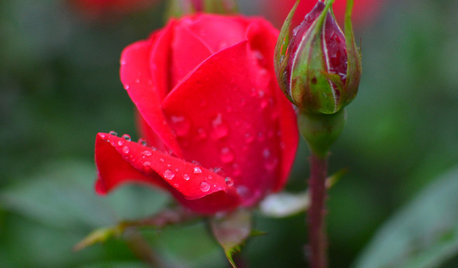
GARDENING GUIDES6 Steps to Get a Garden Off to a Glowing Start
Grow a lush, balanced garden from an empty patch of yard or neglected landscape spot with these easy-to-follow guidelines
Full Story
MATERIALSMaterials Workshop: Polycarbonate — a Low-Cost Alternative to Glass
Looking for something lighter, stronger and less expensive than glass? Multiwall polycarbonate may be a good option
Full Story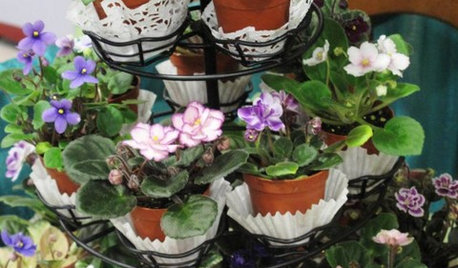
HOUSEPLANTSRetro Houseplants Get a New Look
The wild and crazy houseplants of the 1970s make a splash in today's interiors
Full Story
FEEL-GOOD HOMEStop That Draft: 8 Ways to Keep Winter Chills Out
Stay warm without turning up the thermostat by choosing the right curtains, windows and more
Full Story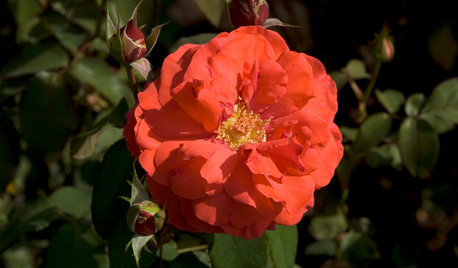
GARDENING GUIDES6 Captivating Roses for an Alluringly Fragrant Garden
Perfume your garden with aromas from richly spicy to lightly sweet, without sacrificing an inch of color
Full StorySponsored







gardengal48 (PNW Z8/9)
calliope
Related Professionals
Wrentham Landscape Architects & Landscape Designers · Grand Haven Landscape Architects & Landscape Designers · Hershey Landscape Architects & Landscape Designers · Frisco Landscape Contractors · Wakefield Landscape Contractors · Bellefontaine Neighbors Landscape Contractors · Choctaw Landscape Contractors · Coeur d'Alene Landscape Contractors · Golden Landscape Contractors · Gresham Landscape Contractors · Lehigh Acres Landscape Contractors · Quincy Landscape Contractors · Vineyard Landscape Contractors · Waltham Landscape Contractors · Centreville Driveway Installation & Maintenancegardengal48 (PNW Z8/9)
calliope
davemichigan
gardengal48 (PNW Z8/9)
davemichigan
calliope
ibilous